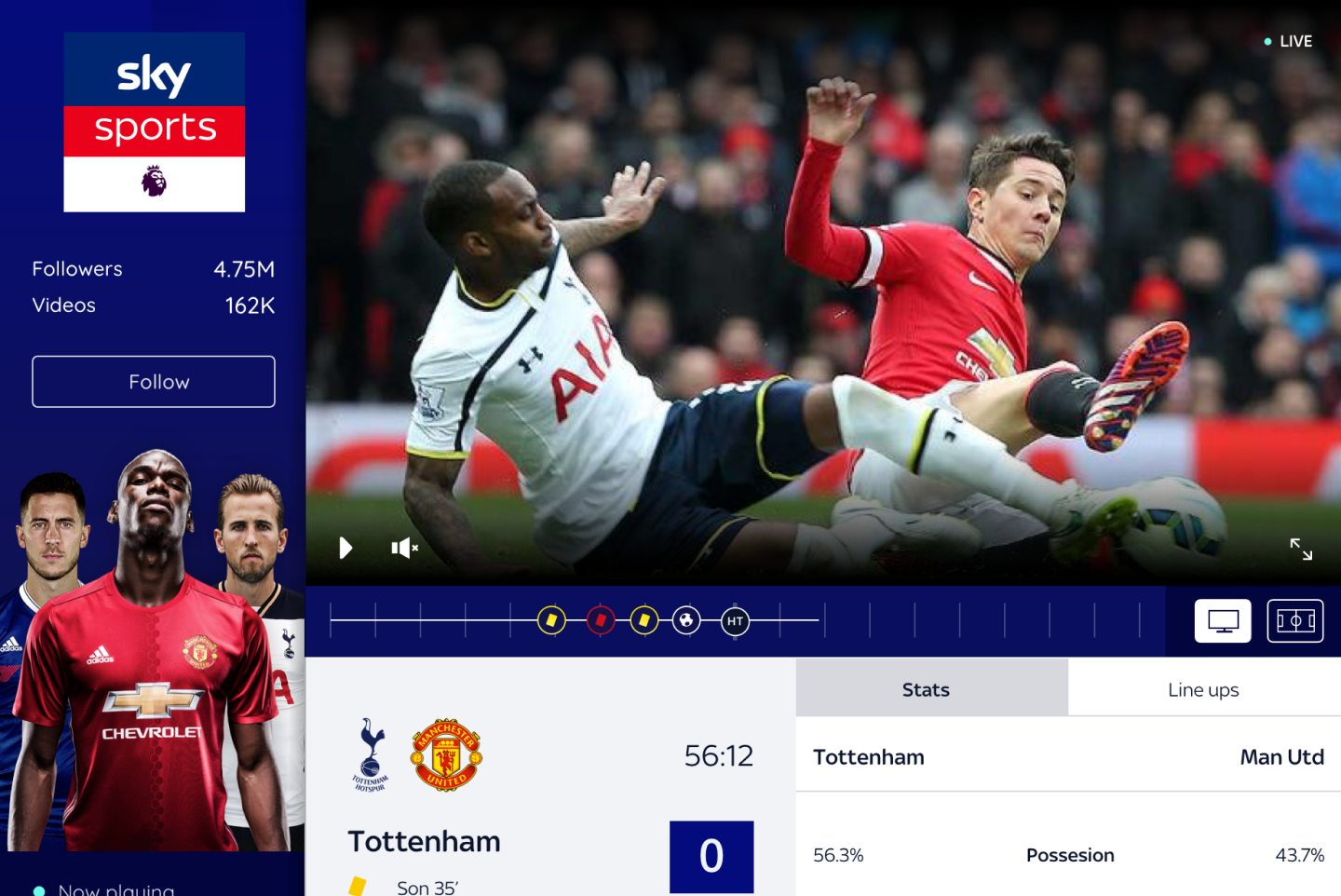Introduction
Sports betting has a long and fascinating history, dating back to prehistoric times when people placed bets on competitive sports like foot racing, archery, and wrestling. As civilisation evolved, sports betting became more structured and regulated. Ancient China, Mesopotamia, and Greece and Rome all had their unique forms of sports betting, ranging from games of chance and betting on chariot races to the Olympic Games and gladiator battles. Sports betting in medieval Europe was tied to local festivals and events, including jousting tournaments, archery competitions, and cricket matches. In America, horse racing, boxing matches, and baseball games have been popular among sports bettors for centuries. In this article, we will delve deeper into the early beginnings of sports betting and trace its evolution over the centuries.
Early Beginnings of Sports Betting
The origins of sports betting can be traced back to prehistoric times, when people engaged in competitive sports such as foot racing, archery, and wrestling. While the concept of placing wagers on these events may seem foreign to us now, early humans likely bet on the outcome of these contests, using whatever resources they had at their disposal.
As civilisation developed and organised sports emerged, sports betting became more structured and regulated. In ancient China, for example, people placed bets on games of chance that were played with tiles or dominoes. These games eventually evolved into games that used cards, which were played in taverns and gambling houses.
In Mesopotamia, which is considered one of the earliest cradles of civilisation, people engaged in betting on chariot races and other athletic competitions. Some ancient Mesopotamian texts suggest that these bets were placed with bookmakers, who would record the wagers and pay out winnings to the winners.
Sports betting in ancient Greece and Rome is perhaps the most well-known and documented era in the history of sports betting. Both the Greeks and the Romans placed wagers on athletic contests, including the Olympic Games and gladiator battles. In fact, the Greeks were known to bet on almost anything, including the outcomes of military battles and political elections.
Sports Betting in Ancient Greece and Rome
Sports betting in ancient Greece and Rome is one of the most fascinating periods in the history of sports betting. Both ancient civilisations were known for their love of sports, and the people of Greece and Rome would often place bets on the outcomes of various athletic contests.
One of the most famous events in ancient Greece was the Olympic Games, which were first held in 776 BCE. The Olympic Games were a series of athletic competitions that were held every four years in honour of the god Zeus. People from all over Greece would travel to Olympia to watch the games, and many would place bets on the outcomes of the events.
In addition to the Olympic Games, ancient Greeks also placed bets on other athletic competitions, such as foot races, wrestling matches, and chariot races. Chariot races were especially popular in ancient Greece, and many wealthy Greeks owned their own chariots and competed in races for prize money and prestige.
In ancient Rome, sports betting was even more prevalent. Romans placed bets on a wide variety of sporting events, including chariot races, gladiator battles, and even animal fights. The Roman Empire was home to many famous gladiators, who were highly skilled fighters that competed in arenas throughout the empire. People would often place bets on the outcome of these battles, which were often to the death.
Sports betting was so popular in ancient Rome that it was considered a part of everyday life. Many Romans were known to be addicted to gambling, and some even sold their homes and possessions in order to finance their betting habits. As a result, the Roman government passed laws that were designed to restrict gambling and limit the amount of money that could be wagered.
Sports Betting in Medieval Europe
Sports betting in medieval Europe was prevalent, but it was quite different from what we see today. The forms of sports betting that were popular in medieval Europe were often tied to local festivals and events, and the bets were made using a variety of unusual items, such as feathers, shoes, and even livestock.
Jousting tournaments were a popular form of sports betting in medieval Europe. These tournaments were held across Europe and were attended by large crowds. Jousting was a dangerous sport in which knights would ride on horseback and try to knock each other off their horses using a long lance. People would place bets on the outcome of the joust, and the winner would take home the prize money.
Archery competitions were also a popular form of sports betting in medieval Europe. Archery was an essential skill for medieval soldiers, and it was also used for hunting and sport. Archery competitions were held in many parts of Europe, and people would place bets on the accuracy of the archers.
Cricket matches were another popular form of sports betting in medieval Europe. Cricket was originally played in the 16th century, and it quickly became a popular sport across England. The first recorded cricket match took place in 1646, and it was followed by many more matches throughout the 17th and 18th centuries.
Soccer matches were also popular in medieval Europe, but they were quite different from the modern version of the game. The rules of soccer were not standardised until the 19th century, and there were many variations of the game that were played in medieval Europe. People would place bets on the outcome of these matches, and the winning team would take home the prize money.
Sports Betting in America
Sports betting in America has a long and complex history, with different forms of betting being popular at different times. From horse racing to baseball games, sports betting has been a popular pastime for Americans for centuries.
Horse racing is one of the oldest sports in America, and it has been a popular sport for sports bettors since the early days of the country. In the 19th century, horse racing was one of the most popular sports in America, and betting on horse races was a common pastime. Even today, horse racing remains a popular form of sports betting, with major events such as the Kentucky Derby drawing large crowds and significant betting action.
Boxing matches have also been popular among American sports bettors for a long time. Boxing matches have been popular in America since the late 19th century, and it quickly became a popular sport to bet on. Betting on boxing matches was particularly popular in the early 20th century when boxing was one of the most popular sports in the country.
Baseball games have also been a popular form of sports betting in America. Baseball has been played in America since the 19th century, and it quickly became one of the most popular sports in the country. People would place bets on the outcome of baseball games, and as the sport grew in popularity, so did the betting action.
Basketball games have become a popular form of sports betting in America in recent years. The NBA is one of the most popular sports leagues in America, and basketball has become a major sport for sports bettors. In addition to the NBA, college basketball has also become a popular sport to bet on, with March Madness drawing significant betting action each year.
The Rise of Modern-Day Sports Betting
The modern era of sports betting began with the introduction of the pari-mutuel system in the late 19th century. This system, which was developed in France, allowed people to place bets on horse races by pooling their wagers together. The total amount wagered was then divided among the winning bettors, with the race track taking a small percentage as a fee. The pari-mutuel system quickly became popular in America, and it remains the standard system for betting on horse races today.
In the mid-20th century, Las Vegas became a hub for sports betting in America. Sportsbooks began popping up in casinos, allowing people to place bets on a variety of sports, including football, basketball, baseball, and more. Las Vegas sportsbooks became known for their large betting boards, where people could place bets on everything from the point spread to the over/under.
With the advent of the internet, online sportsbooks became popular in the late 1990s and early 2000s. These sportsbooks allowed people to place bets on sports from the comfort of their own homes, and they quickly became a popular alternative to traditional brick-and-mortar sportsbooks. Online sportsbooks offered a wider range of betting options than traditional sportsbooks, and they were often able to offer better odds and more attractive bonuses.
In recent years, mobile betting apps have become the new standard for sports betting. These apps allow people to place bets on their smartphones and tablets, making it easier than ever to bet on sports. Mobile betting apps offer all the same betting options as online sportsbooks, and they often come with added features such as live betting and in-game wagering. Mobile betting apps have become the preferred method of sports betting for many people, and they are likely to continue to grow in popularity in the coming years.
The rise of modern-day sports betting has made it easier than ever for people to bet on sports. The pari-mutuel system, Las Vegas sportsbooks, online sportsbooks, and mobile betting apps have all played a role in the growth of sports betting, and they have made it a more accessible and convenient pastime than ever before. As technology continues to evolve, it is likely that sports betting will continue to grow and change, providing new opportunities for sports fans and bettors alike.
The Future of Sports Betting
The future of sports betting looks bright, with many potential growth areas on the horizon. One of the most significant developments in recent years has been the legalisation of sports betting in more and more states across the US. As of 2023, more than 20 states have legalised sports betting, with more expected to follow in the coming years. This expansion is expected to continue, as more states see the potential revenue that can be generated from sports betting.
The growth in online and mobile betting is another area of significant potential growth. As mobile technology continues to advance, people are increasingly turning to mobile betting apps to place their bets. This trend is likely to continue in the coming years, with more and more people using their smartphones and tablets to bet on sports. Mobile betting apps are also expected to become more sophisticated, with features such as live streaming and personalised betting suggestions becoming more common.
Technological advancements are also likely to play a significant role in the future of sports betting. Artificial intelligence and machine learning are already being used to provide more accurate odds and betting suggestions, and this trend is expected to continue. Virtual and augmented reality are also expected to become more common, with virtual sports betting and immersive betting experiences becoming more popular.
Another potential growth area for sports betting is in emerging markets. As more countries around the world begin to legalise sports betting, there is a significant opportunity for growth in markets such as Asia, where sports betting is already popular. With the growth of online and mobile betting, it is becoming easier for people in these markets to place bets on sports from around the world.
In Summary
- Sports betting has been around for thousands of years, with early civilisations in China and Mesopotamia believed to have placed wagers on sporting events.
- The ancient Greeks and Romans were known for their love of sports and betting, with the Olympic Games and gladiator contests being popular events for placing wagers.
- In medieval Europe, jousting tournaments and archery competitions were common events for sports betting, as were cricket and soccer matches.
- Horse racing was one of the earliest forms of sports betting in America, with boxing, baseball, and basketball also becoming popular betting sports.
- The pari-mutuel system, first introduced in France in the late 1800s, revolutionised the way sports betting was done and led to the rise of modern-day sportsbooks.
- Las Vegas sportsbooks became a popular destination for sports bettors in the 20th century, and the advent of online sportsbooks and mobile betting apps have made it easier than ever to place a wager on a sporting event.
- The future of sports betting looks bright, with legalisation in more states, growth in online and mobile betting, and technological advancements making the industry more accessible and exciting than ever before.
Conclusion
The history of sports betting is a long and fascinating one, with its roots stretching back to ancient civilisations. From the earliest forms of wagering on chariot races and gladiator contests in ancient Greece and Rome to the modern-day world of online sportsbooks and mobile betting apps, sports betting has evolved and grown to become a major industry worth billions of dollars.
In recent years, sports betting has become more accessible than ever before, with the legalisation of sports betting in more and more states and the rise of online and mobile betting platforms. Technological advancements such as virtual reality and augmented reality are also expected to shape the future of sports betting and enhance the overall experience for bettors.
However, with the growth of sports betting also comes concerns about problem gambling and addiction. It is important for individuals to bet responsibly and to seek help if they feel they have developed an issue with gambling.
In conclusion, the history of sports betting is a rich and varied one, full of interesting facts and stories. Whether you are a seasoned bettor or a newcomer to the world of sports betting, understanding its history and evolution is a fascinating journey that can deepen your appreciation of this exciting and ever-changing industry.







